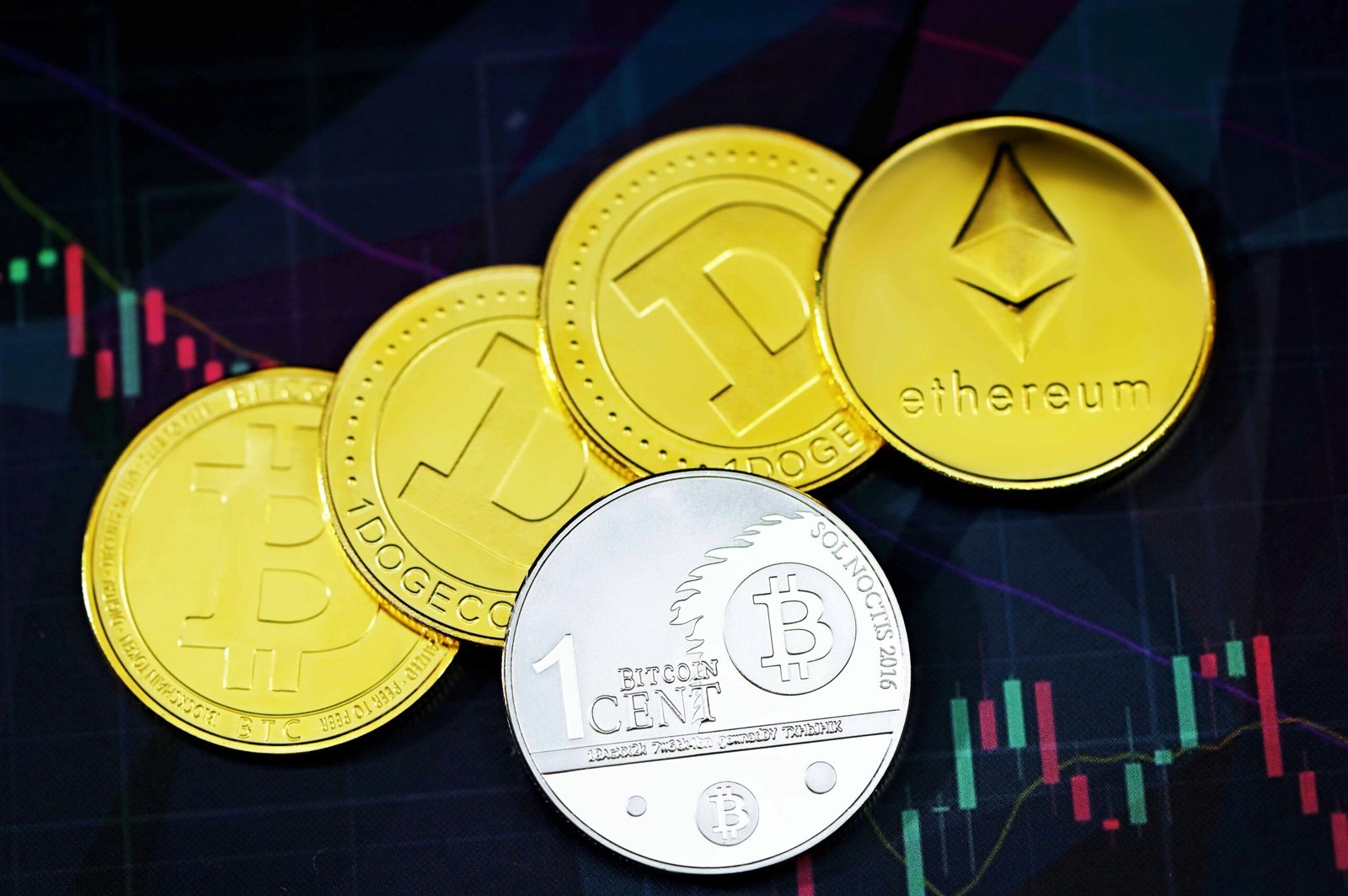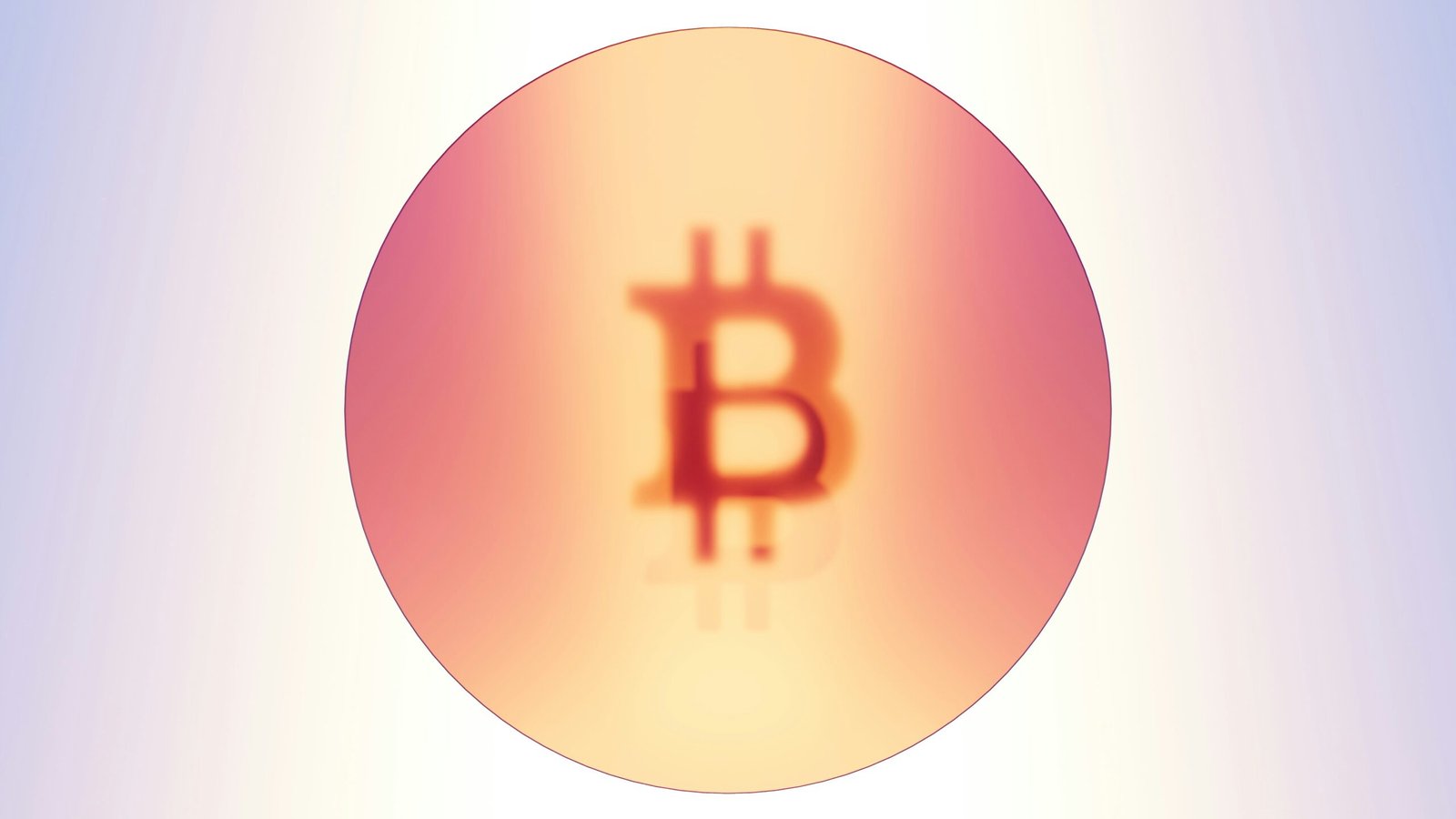The Effect of the Petrodollar: Can Stablecoins Sustain the Dollar’s Dominance?
Understanding the Petrodollar System In the wake of the Petrodollar system, the role of stablecoins like USDC and USDT in sustaining dollar dominance has become a critical topic in global finance In the 1970s, the United States made deals with key oil-producing nations to ensure oil transactions were conducted in U.S. dollars. This strategy aimed to stabilize energy costs and reinforce the dollar’s status as the world’s reserve currency. Before the Petrodollar, the Bretton Woods System pegged major currencies to the dollar, but this system started to erode. Richard Nixon’s 1971 decision to decouple the dollar from gold led to uncertainty. However, Petrodollar agreements, such as those with Saudi Arabia, helped restore global financial stability by ensuring significant demand for the U.S. dollar through oil transactions. The Petrodollar system boosted U.S. economic and political leverage globally. Economically, it facilitated substantial capital inflows into U.S. financial markets, boosting liquidity and enabling lower borrowing costs. Politically, the necessity of holding USD for oil purchases gave the U.S. considerable influence over international monetary policies and geopolitics. The Rise of Stable coins: USDC and USDT Stablecoins, like USD Coin (USDC) and Tether (USDT), maintain a stable value relative to a fiat currency, such as the U.S. dollar. Backed by reserves, stablecoins offer the benefits of digital currencies while minimizing volatility. USDC, a product of Circle and Coinbase, adheres to transparency and regulated oversight. Tether (USDT), one of the first stablecoins, has maintained a relatively stable value. USDC and USDT have seen increasing adoption across various sectors. In decentralized finance (DeFi), they are crucial for decentralized lending, borrowing, and trading. Their stability and liquidity make them highly suitable for these applications. Additionally, mainstream financial services are integrating these stablecoins, recognizing their potential to streamline cross-border transactions and reduce associated costs. The Role of Stablecoins in Sustaining Dollar Dominance USDC and USDT could sustain the dollar’s dominance even without the Petrodollar system. These stablecoins could be used for international trade and oil transactions, leveraging blockchain technology for near-instantaneous settlements, reducing risk and costs. By keeping their value tied to the dollar through a digital medium, USDC and USDT could maintain demand for the U.S. dollar. This shift might mean that the economic foundations supporting the dollar’s global hegemony could be preserved or even bolstered through technological advancements. Industry experts like Alex Tapscott, co-author of “Blockchain Revolution,” argue that a transition to stablecoins can enhance global economic stability. Stablecoins reduce fiat currency volatility and streamline financial operations. However, they also introduce challenges like regulatory scrutiny and the potential centralization of the market by stablecoin issuers. This change could impact global economic stability and the U.S. financial system, which would need to adapt to this digital transformation. Advantages and Challenges of Stablecoins for Dollar Dominance Stablecoins offer several advantages over traditional fiat currencies. They enable nearly instantaneous transactions, enhancing business efficiency and reducing delays. Additionally, stablecoins can cut transaction costs by eliminating currency conversion and cross-border payment fees, making financial transactions more accessible and cost-effective. They also have the potential to improve financial inclusion by providing banking services to the unbanked or underbanked populations globally. However, the adoption of stablecoins faces challenges like regulatory scrutiny and security concerns. Ensuring the safeguarding of digital assets will be crucial for fostering trust in stablecoins. The overall volatility in the cryptocurrency market can also impact the stability and value of stablecoins, occasionally causing investor apprehension. Conclusion The Petrodollar system has played an integral role in maintaining the U.S. dollar’s supremacy and insulating the American economy from potential adversities. The rise of stablecoins like USDC and USDT presents new opportunities and challenges for the global financial landscape. While stablecoins offer significant advantages in terms of speed, cost, and financial inclusion, their adoption will depend on overcoming regulatory and security hurdles. The potential for stablecoins to sustain the dollar’s global dominance remains speculative, but their growing popularity indicates a significant shift in the way global trade and monetary systems may evolve in the future.





